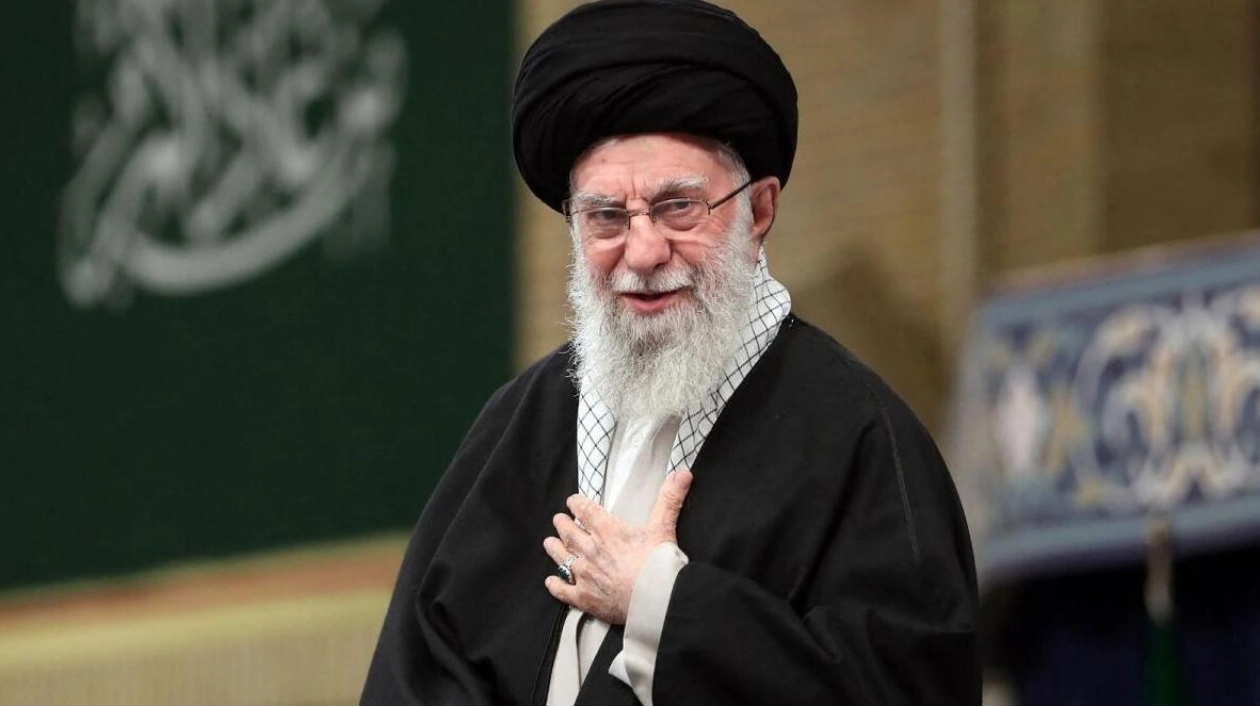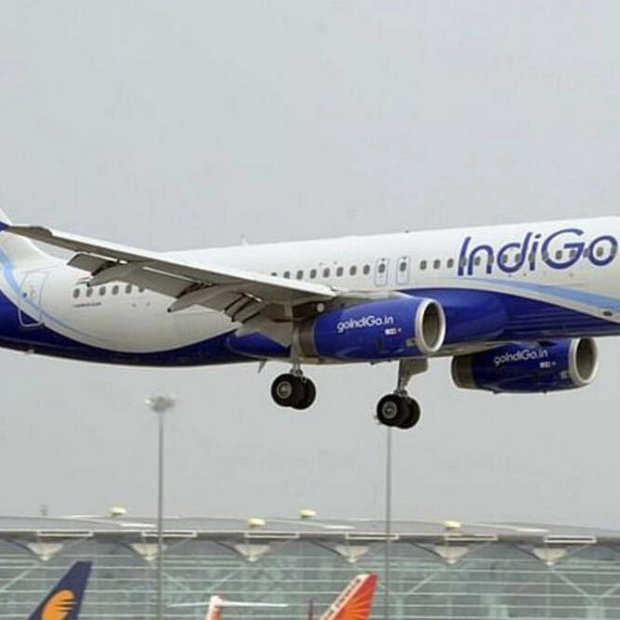Iran's supreme leader Ayatollah Ali Khamenei is scheduled to lead Friday prayers and deliver a public sermon that may provide insight into the republic's future plans following a significant missile attack on Israel. Khamenei's rare Friday sermon, his first in nearly five years, is set to take place just three days before the one-year anniversary of the Israel-Hamas war in Gaza. According to his official website, the supreme leader, who holds the highest authority in Iran, will lead Muslims in prayer at the Imam Khomeini Grand Mosalla mosque in central Tehran.
The prayer service will be preceded by a 'commemoration ceremony' at 10.30am (0700 GMT) for Hassan Nasrallah, the deceased leader of the armed movement Hezbollah. Iran's Revolutionary Guards, who report directly to Khamenei, stated that Tuesday's barrage of approximately 200 missiles was in response to Israel's killing of Nasrallah alongside Guards commander Abbas Nilforoushan in a late September strike on Beirut, and of Hamas leader Ismail Haniyeh in Tehran in July.
Khamenei last led Friday prayers in January 2020, following Iran's missile attack on a US army base in Iraq, which was a response to the strike that killed revered Revolutionary Guards commander Qasem Soleimani. On Thursday in Tehran, crowds waving Hezbollah and Iran flags gathered outside the former US embassy building to condemn Israeli 'crimes' in the Gaza Strip and Lebanon, as reported by Iranian media.
Khamenei had declared public mourning in Iran for Nasrallah and on Wednesday emphasized that the Hezbollah chief's death was 'not a small matter'. Analysts believe that Iran's missile attack, the second-ever direct assault on Israel, was intended to counter a series of setbacks experienced by Tehran and its regional allies. Iran has claimed that this week's attack was conducted in 'self-defence' and has warned of 'crushing attacks' on Israel if it retaliates. The republic has also cautioned the US, Israel's primary arms supplier, against intervening, threatening 'a harsh response' if it does.
Washington has stated that Iran must face 'consequences', potentially coordinated with Israeli officials, for the ballistic missile fire. US President Joe Biden mentioned on Thursday that he was discussing possible Israeli strikes on Iranian oil sites. In April, Tehran retaliated against Israel with missiles and drones following a deadly Israeli strike on Iran's consulate in Damascus. In both instances, nearly all missiles were intercepted by Israel or its allies, according to Israeli authorities.






